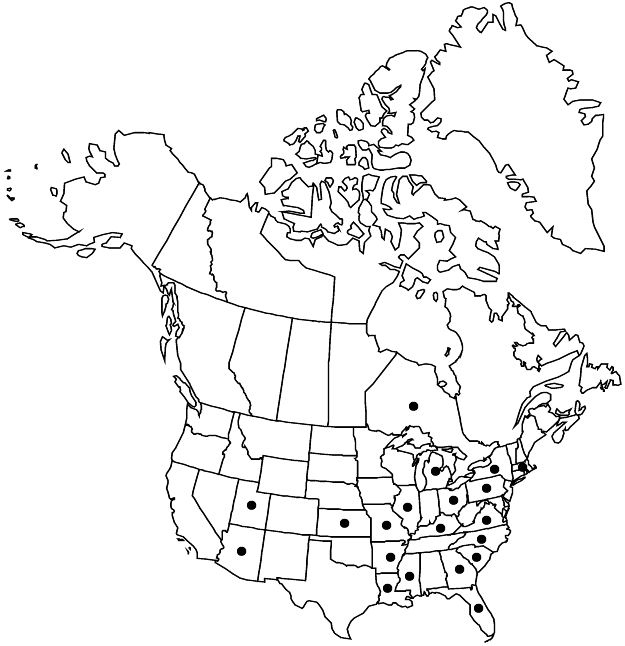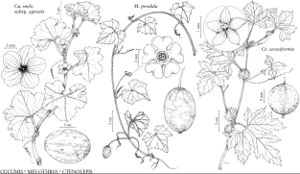Difference between revisions of "Cucumis sativus var. sativus"
FNA>Volume Importer |
imported>Volume Importer |
||
| (3 intermediate revisions by 2 users not shown) | |||
| Line 19: | Line 19: | ||
|elevation=10–300(–1500) m | |elevation=10–300(–1500) m | ||
|distribution=Ont.;Ariz.;Ark.;Fla.;Ga.;Ill.;Kans.;Ky.;La.;Mass.;Mich.;Miss.;Mo.;N.Y.;N.C.;Ohio.;Pa.;S.C.;Utah;Va.;Asia (e Himalayas);introduced also in West Indies;Pacific Islands (Hawaii). | |distribution=Ont.;Ariz.;Ark.;Fla.;Ga.;Ill.;Kans.;Ky.;La.;Mass.;Mich.;Miss.;Mo.;N.Y.;N.C.;Ohio.;Pa.;S.C.;Utah;Va.;Asia (e Himalayas);introduced also in West Indies;Pacific Islands (Hawaii). | ||
| + | |introduced=true | ||
|tables= | |tables= | ||
|references= | |references= | ||
| Line 27: | Line 28: | ||
-->{{#Taxon: | -->{{#Taxon: | ||
name=Cucumis sativus var. sativus | name=Cucumis sativus var. sativus | ||
| − | |||
|authority=[I] | |authority=[I] | ||
|rank=variety | |rank=variety | ||
| Line 43: | Line 43: | ||
|publication year= | |publication year= | ||
|special status= | |special status= | ||
| − | |source xml=https:// | + | |source xml=https://bitbucket.org/aafc-mbb/fna-data-curation/src/2e0870ddd59836b60bcf96646a41e87ea5a5943a/coarse_grained_fna_xml/V6/V6_52.xml |
|genus=Cucumis | |genus=Cucumis | ||
|species=Cucumis sativus | |species=Cucumis sativus | ||
Latest revision as of 22:21, 5 November 2020
Plants: roots thin, without thick, woody rootstock. Tendrils hispidulous or antrorsely strigose. Leaves: petiole hispid to retrorsely strigose; blade broadly ovate, palmately 5- or 6-lobed, 6–15(–40) × 6–15(–35) cm, length 1–1.2 times width, base cordate, lobes triangular, margins serrate. Inflorescences: pedicels of pistillate flowers and fruits cylindric; staminate flowers (1–)3–7(–10) in fascicles, corolla tube 3.5–5(–6) mm; pistillate flowers: calyx lobes 3–4(–12) mm, petals 10–15(–25) mm, corolla tube 3.5–6.5 mm, glabrous inside. Pepos green to yellowish monocolor or with light green to whitish stripes, ellipsoid to cylindric, 5–20(–25) × 3–5 (–12) cm, smooth (ovary and developing fruits weakly aculeate), flesh whitish. 2n = 14.
Phenology: Flowering Aug–Nov.
Habitat: Gardens, fields, stream banks, around ponds, trash heaps, sometimes volunteering from past plantings
Elevation: 10–300(–1500) m
Distribution

Introduced; Ont., Ariz., Ark., Fla., Ga., Ill., Kans., Ky., La., Mass., Mich., Miss., Mo., N.Y., N.C., Ohio., Pa., S.C., Utah, Va., Asia (e Himalayas), introduced also in West Indies, Pacific Islands (Hawaii).
Discussion
Selected References
None.
